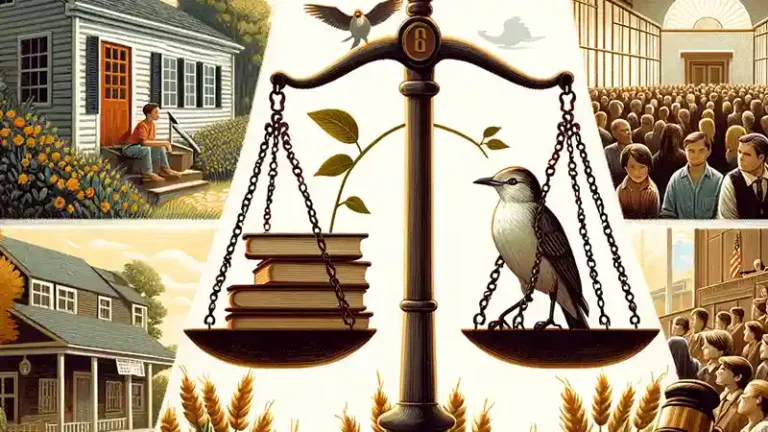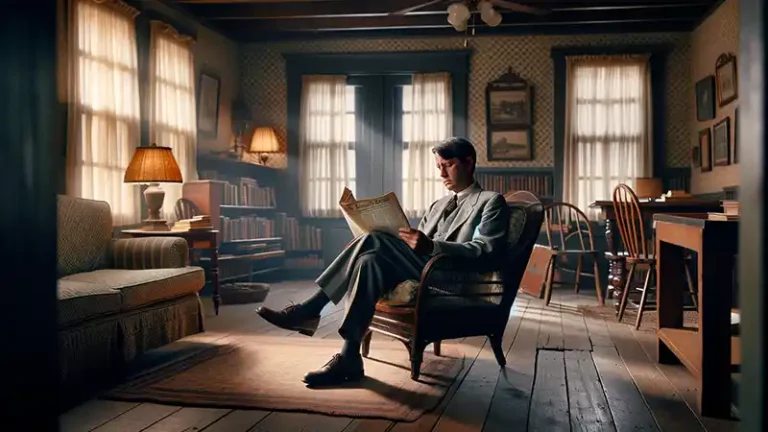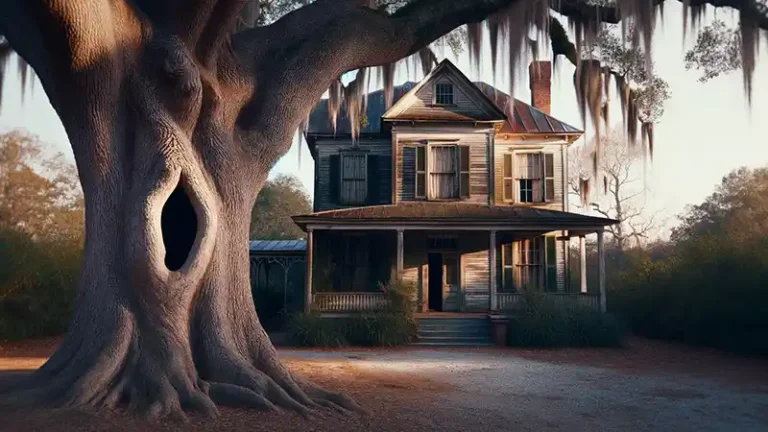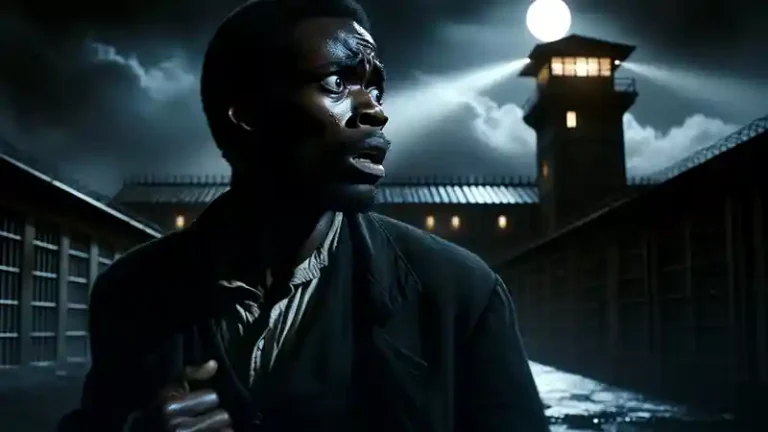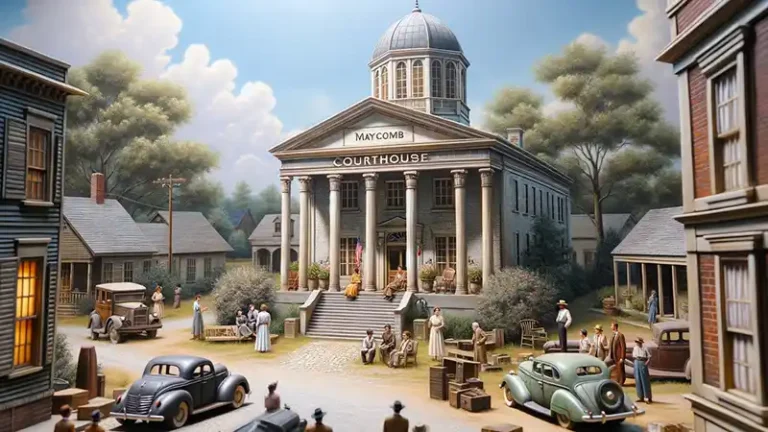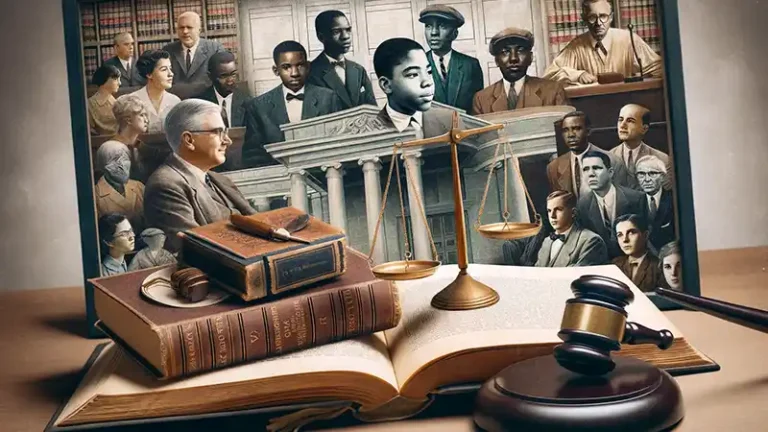To Kill a Mockingbird Part 1 Quotes Lesson
This lesson plan, focusing on To Kill a Mockingbird part 1 quotes, is designed to enrich students’ understanding of the novel through a detailed examination of its significant quotes. After completing the first part of Harper Lee’s classic work, students are expected to engage in an analytical study of key quotes that reflect the themes, characters, and social context of the narrative.
Students are encouraged to delve into the layers of meaning behind these quotes, exploring how they contribute to character development, thematic depth, and the portrayal of the social milieu of Maycomb, Alabama. This exercise aims to enhance the student’s analytical skills and also deepen their appreciation of the novel’s literary qualities and its commentary on human nature and societal norms. Through this focused study, students will gain a richer understanding of the first part of To Kill a Mockingbird, setting a solid foundation for the themes and events that unfold in the latter parts of the book.
Learning Goals
- I will be able to analyze and interpret key quotes from Part I of To Kill a Mockingbird.
- I will be able to identify and articulate the significance of character interactions and development in the early chapters.
- I will be able to present my findings to the class.
Materials
TKAM Digital Copy
Quotes Worksheet
Sample Slideshow
Process
- Review the quotes analysis sheet.
- Ask students to look through the book to find the quotes.
- Students are to complete the worksheet.
- In pairs, students create a short slideshow to present their quote analysis to the class.
Quotes Analysis
Quote | Context (What is happening in the book at this time) | Significance (Why is this quote important?) |
“Being Southerners, it was a source of shame to some members of the family that we had no recorded ancestors on either side of the Battle of Hastings.” Chapter 1 | In Chapter 1, the narrator (Scout) gives us a brief history of Maycomb and the people in the town. | This quote is important because the characters believe that being able to trace back their heritage makes them more important |
“Until I feared I would lose it, I never loved to read. One does not love breathing.” Chapter 2 |
| |
“You never really understand a person until you consider things from his point of view… Until you climb into his skin and walk around in it.” Chapter 3 | ||
“Miss Maudie settled her bridgework. “You know old Mr. Radley was a foot-washing Baptist—” “That’s what you are, ain’t it?” “My shell’s not that hard, child. I’m just a Baptist.” “Don’t you all believe in foot-washing?” “We do. At home in the bathtub.” “But we can’t have communion with you all—” Chapter 5 | ||
“Atticus told me to delete the adjectives and I’d have the facts.” Chapter 7 | ||
“I didn’t know how you were going to do it, but from now on I’ll never worry about what’ll become of you, son, you’ll always have an idea.” Chapter 8 |
| |
“Simply because we were licked a hundred years before we started is no reason for us not to try to win.” Chapter 9 | ||
“Aunt Alexandra was fanatical on the subject of my attire. I could not possibly hope to be a lady if I wore breeches, when I said I could do nothing in a dress, she said I wasn’t supposed to do things that required pants. Aunt Alexandra’s vision of my deportment involved playing with small stoves, tea sets, and wearing the Add-A-Pearl necklace she gave me when I was born; furthermore, I should be a ray of sunshine in my father’s life. I suggested that one could be a ray of sunshine in pants as well, but Aunty said that one had to behave like a sunbeam, that I was born good but had grown progressively worse every year.” Chapter 9 |
| |
Atticus said to Jem one day, “I’d rather you shot at tin cans in the backyard, but I know you’ll go after birds. Shoot all the blue jays you want, if you can hit ‘em, but remember it’s a sin to kill a mockingbird.” That was the only time I ever heard Atticus say it was a sin to do something, and I asked Miss Maudie about it. “Your father’s right,” she said. “Mockingbirds don’t do one thing except make music for us to enjoy. They don’t eat up people’s gardens, don’t nest in corn cribs, they don’t do one thing but sing their hearts out for us. That’s why it’s a sin to kill a mockingbird.” Chapter 10 | ||
“They’re certainly entitled to think that, and they’re entitled to full respect for their opinions,” said Atticus, “but before I can live with other folks I’ve got to live with myself. The one thing that doesn’t abide by majority rule is a person’s conscience.” Chapter 11 |
| |
“I wanted you to see what real courage is, instead of getting the idea that courage is a man with a gun in his hand. It’s when you know you’re licked before you begin, but you begin anyway and see it through no matter what.” Chapter 11 |
